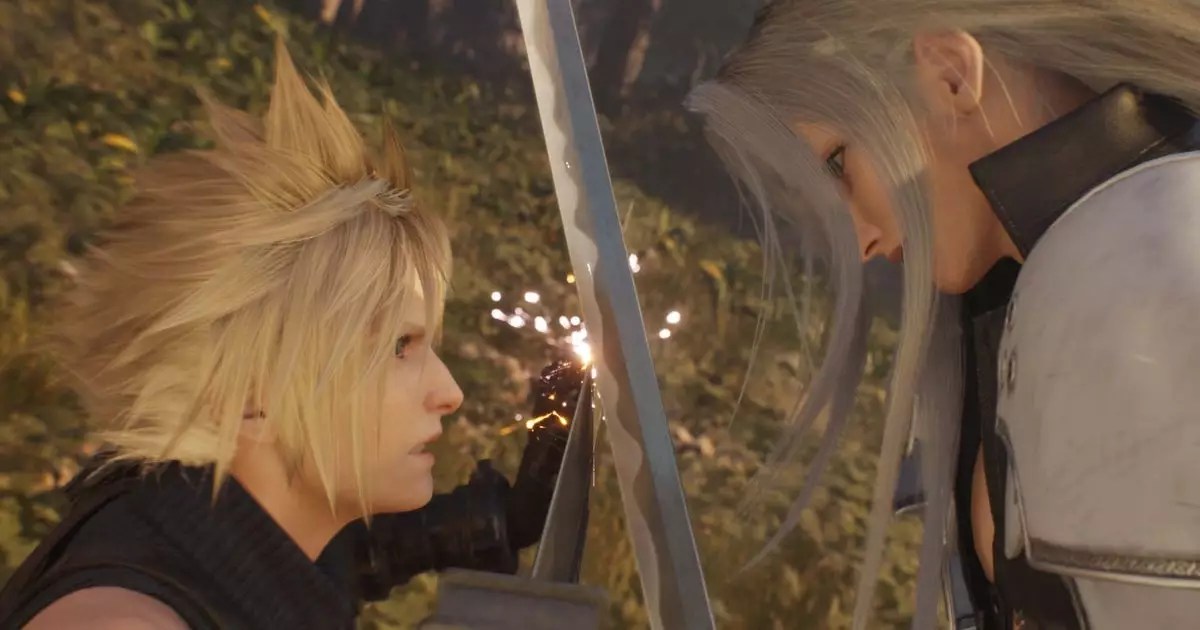One of the most legendary composers in the video game industry, Nobuo Uematsu, has voiced his concerns about the current state of video game music. He believes that developers who are content with mimicking the style of Hollywood blockbusters in their soundtracks are actually hindering the advancement of video game music as a whole. Uematsu, known for composing iconic pieces for the Final Fantasy series, argues that this trend of replicating movie soundtracks is preventing game music from evolving.
Uematsu reflects on his early career and how hardware limitations played a significant role in shaping his compositions. During the era of the NES and SNES, where memory limits and sound restrictions were a challenge, composers had to get creative with their music. Uematsu recalls how even the loading times of CD-ROMs on the first PlayStation influenced his approach to composing tracks. These limitations forced composers to think outside the box and come up with innovative solutions to create immersive soundscapes.
The veteran composer emphasizes the importance of freedom and experimentation in video game music. Uematsu suggests that composers should push the boundaries of what is expected and try to produce something new and original. He believes that game music will only become more interesting when composers ask themselves, “What is something only I can do?” and use their own knowledge and experiences to be truly creative. Uematsu warns against relying on AI to generate music, as he believes that true emotional connection can only come from human-made compositions.
Uematsu points to the era of 8-bit games as an example of the power of original human-made music in video games. During this time, when visuals and voice acting were limited by hardware capabilities, the music played a crucial role in delivering emotional weight and capturing the atmosphere of the game world. Uematsu’s own iconic compositions for the Final Fantasy series have become synonymous with the franchise’s success, showcasing the impact that original, human-made music can have on gaming experiences.
As Uematsu reflects on his own career and contributions to the video game industry, he acknowledges that he may not have the strength to score entire video games anymore. However, he continues to explore new projects and themes, demonstrating his continued passion for music and creativity. Uematsu’s recent work on the soundtrack for Fantasian and the theme song for Final Fantasy 7 Rebirth highlights his ongoing commitment to pushing the boundaries of video game music.
Nobuo Uematsu’s insights shed light on the importance of evolving video game music beyond the confines of Hollywood blockbusters. By embracing freedom, experimentation, and originality, composers can elevate game soundtracks to new heights and create immersive experiences that resonate with players on a deeper level. It is through the unique voices and experiences of composers like Uematsu that video game music can continue to evolve and captivate audiences for years to come.


Leave a Reply